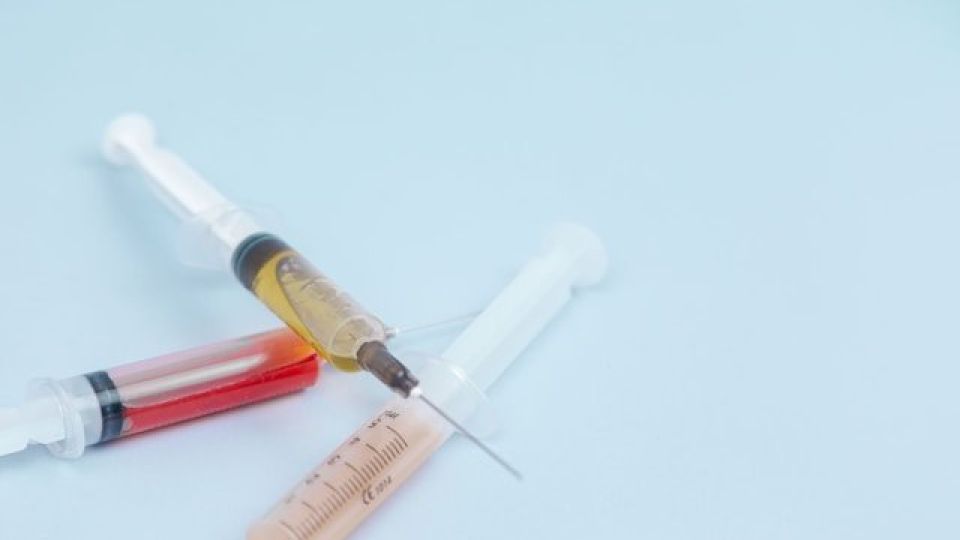December 10, 2024
JAKARTA – The Food and Drug Monitoring Agency (BPOM) has pushed the Health Ministry to include ketamine in the list of psychotropic drugs that would effectively make improper use of the hard drug a criminal offense resulting in jail time.
The agency made the call after it found that illicit sales of injectable ketamine have skyrocketed in drugstores across the country, particularly in the popular tourist destination of Bali.
Ketamine is a drug widely used for anesthetic procedures. It has also recently been prescribed by medical professionals to manage treatment-resistant depression and treating chronic pain, bipolar disorder and anxiety.
However, it also has been utilized as a recreational drug and abused as a date-rape drug to immobilize victims, due to its ability to induce dissociative effects and sedation, as well as cause hallucinations and relaxation, among other effects.
Use of the drug in Indonesia is strictly regulated: People must provide prescriptions from doctors to purchase it and only medical workers are allowed to administer the drug to patients. Yet, there has been an increase of injectable ketamine sales in drugstores nationwide, according to BPOM head Taruna Ikrar.
“Our investigation found that these buyers have been using ketamine as an anesthetic in tattoo shops or as a recreational drug at night clubs,” Taruna said during a press briefing on Friday.
Rising problem
In 2022, the drug monitoring agency recorded 3,000 vials of injectable ketamine sold in drugstores directly to the public. The figure rose 21 fold to 64,000 the following year and 152,000 so far this year.
Most sales of the drug occurred in Bali, with more than 100,000 of the 10 milliliter ketamine vials sold in the province in the last two years, followed by East Java and West Java.
The BPOM found 71 drug distributors and 65 drugstores violating the agency’s rules pertaining to ketamine trading and sales.
Six distributors and 17 stores had their operations suspended after being found to have committed critical violations by intentionally working with healthcare workers to illegally distribute ketamine while also not tracking the stocks of the hard drug.
Aside from illicit sales in drugstores, the BPOM has also received reports of people illegally producing ketamine or importing ingredients to make the hard drug.
Data from the police show an increase in the abuse of illegally-distributed ketamine, as quoted by kompas.id: From 7,600 grams in 2021 to 24,700 grams so far this year, affecting more than 370,000 people.
“This showed that we have a really concerning rise of ketamine abuse among the public,” Taruna said, “which is why it’s very crucial for the government to strengthen the regulations pertaining to ketamine use.”
Potential criminal charge
For now, the BPOM will place ketamine in its commonly-abused drug category. Should the ministry grant the BPOM’s request and list the substance as psychotropic, people abusing ketamine may face criminal charges.
Indonesia has one of the strictest drug laws in the world. The 1997 Psychotropics Law mandates that people found guilty of illegally using or possessing certain types of psychotropic drugs may face up to 15 years of imprisonment and a maximum fine of Rp 750 million (US$47,396).
The law also carries a criminal charge of the death penalty and fines up to Rp 750 million, or Rp 5 billion for a corporation, for those found illegally distributing psychotropic drugs.
Academics and the National Narcotics Agency (BNN) have been urging the Health Ministry for years to categorize ketamine as a narcotic or psychotropic. They argue that the drug is often used as a precursor or ingredient to manufacture other illicit drugs such as ecstasy.
Experts have also stated that ketamine abuse can cause a wide array of psychological problems, including cognitive and memory dysfunction, depression, schizophrenia and an increased risk of suicide.
Excessive use of ketamine can also cause respiratory problems, liver and kidney damage as well as death.


